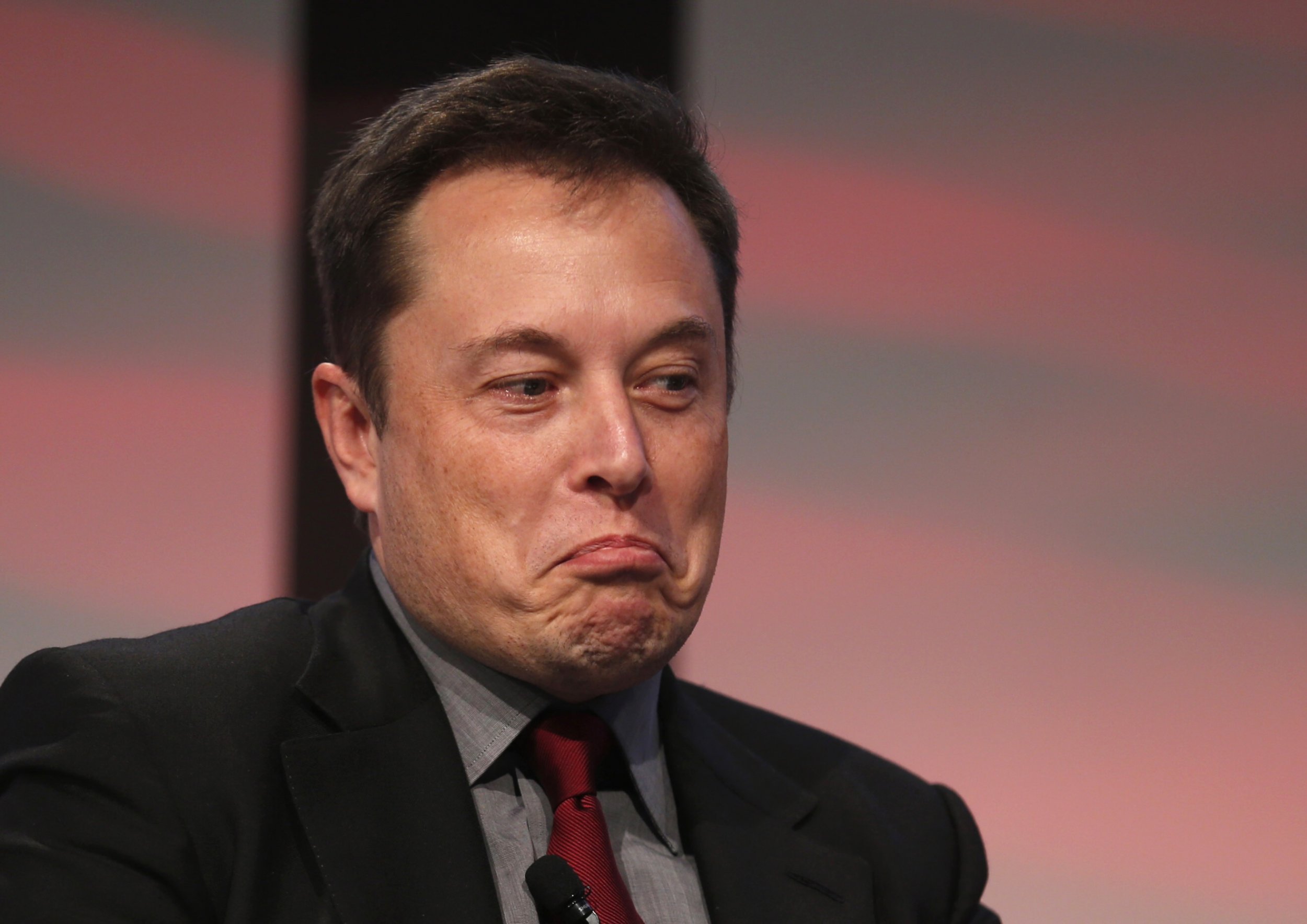
The visionary inventor and entrepreneur Elon Musk has unveiled his plan not only to launch a fleet of satellites to provide wireless internet that can be accessed anywhere on earth, but also to use the proceeds to build a city on Mars.
On Friday, at the exclusive opening of a Seattle office of Musk's space-travel company, SpaceX, Musk announced the scheme to launch a network of geosynchronous satellites, allowing high-speed internet access all over the globe. Musk told Businessweek: "The long-term potential is to be the primary means of long-distance internet traffic and to serve people in sparsely populated areas." It would not only provide internet for the millions of people without it in remote or impoverished areas of the world, but, in theory, also make current connection speeds quicker as light travels faster in space than it does in the fibre optic cables used now.
Musk then reportedly told the crowd: "One day I will visit Mars," hinting at the other reasons for his earth-spanning idea - that the network of satellites would also provide internet and communications systems for a colony on Mars. Musk is "hopeful that the first people could be taken to Mars in 10 to 12 years", he told CNBC last year. He added that, "the thing that matters long term is to have a self sustaining city on Mars, to make life multi planetary."
This is not the first in Musk's long line of far-sighted endeavours. Aside from founding PayPal, Musk has pioneered the electric sports car with Tesla, plans to develop a super high-speed transport system run by pressurised air called the Hyperloop (described by Musk as a, "cross between a Concorde and railgun and an air hockey table") and his space travel company, SpaceX, from which he will run this new venture.
The project will be based in the Seattle branch of SpaceX, where he announced the project, and will initially recruit 60 people although that will number will grow with time. "We want the best engineers that either live in Seattle or that want to move to the Seattle area and work on electronics, software, structures, and power systems," Musk told Businessweek. According to the Seattle Times, the launch was attended by many people SpaceX recruiters consider to be potential hires, as well as several members of the United States congress.
Musk is not the only tech-tycoon to look for ways to bring internet to everyone on the planet: Google's Project Loon attempts to provide internet in remote areas using a system of high-altitude weather balloons and Mark Zuckerberg, the founder of Facebook, is reportedly looking into giant drones as a potential delivery method for the unconnected parts of the world. However, the higher-profile attempt of late is entrepreneur Greg Wyler's OneWeb, backed by Richard Branson, which Musk has already pegged as a competitor.
Uncommon Knowledge
Newsweek is committed to challenging conventional wisdom and finding connections in the search for common ground.
Newsweek is committed to challenging conventional wisdom and finding connections in the search for common ground.
About the writer
To read how Newsweek uses AI as a newsroom tool, Click here.








